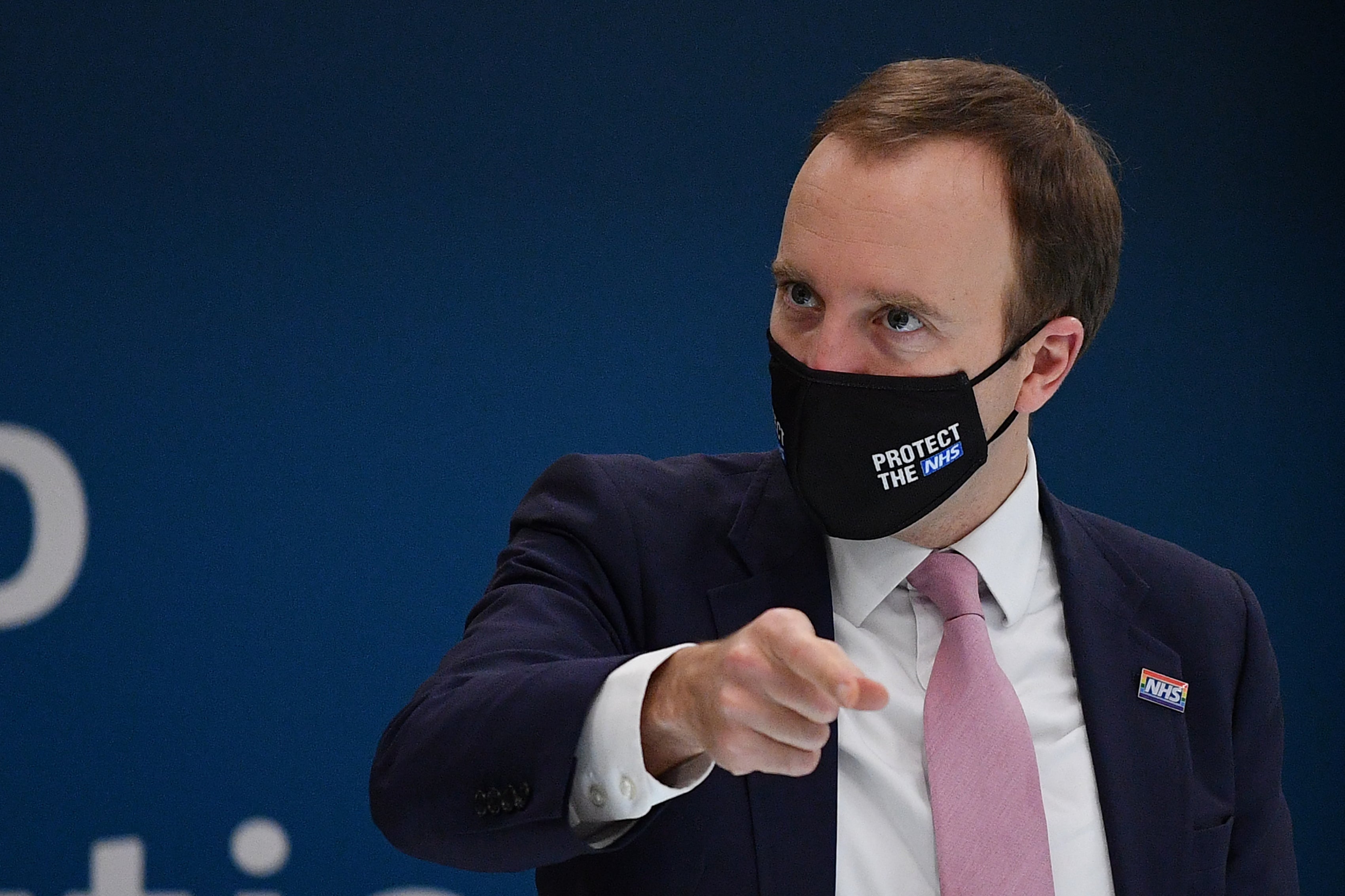Coronavirus tier 2: Oxford, Luton and Dudley among areas facing new restrictions
Other areas include Derbyshire Dales, Kingston-Upon-Hill, Bolsover and the East Riding of Yorkshire

Your support helps us to tell the story
From reproductive rights to climate change to Big Tech, The Independent is on the ground when the story is developing. Whether it's investigating the financials of Elon Musk's pro-Trump PAC or producing our latest documentary, 'The A Word', which shines a light on the American women fighting for reproductive rights, we know how important it is to parse out the facts from the messaging.
At such a critical moment in US history, we need reporters on the ground. Your donation allows us to keep sending journalists to speak to both sides of the story.
The Independent is trusted by Americans across the entire political spectrum. And unlike many other quality news outlets, we choose not to lock Americans out of our reporting and analysis with paywalls. We believe quality journalism should be available to everyone, paid for by those who can afford it.
Your support makes all the difference.New areas across England, including Oxford City, Luton and Dudley, will move into tier 2 level Covid restrictions this weekend, the government has announced.
In a statement, Matt Hancock, the health secretary, said “decisive action” was needed to combat a “worrying rise” in cases across the country.
The areas face the new restrictions from midnight on Saturday include: East Riding of Yorkshire, Kingston-Upon-Hull, North East Lincolnshire and North Lincolnshire, Dudley, Staffordshire, Telford and the Wrekin Amber Valley, Bolsover, Derbyshire Dales, Derby City, South Derbyshire, the whole of High Peak, Charnwood, Luton and Oxford City.
People living in tier 2 areas – the second most severe level of restrictions – are banned for mixing households in indoor settings and are advised to reduce the number of journeys they make where possible.
In outdoor settings, such as gardens and parks, indviduals must not meet in a group of more than six people. The measures are expected to be reviewed every 14 days, the government added.
"We continue to see a worrying rise in cases right across the country, and it is clear decisive action is needed,” Mr Hancock said on Thursday. "We have agreed with local leaders to move more areas into the high local Covid alert level this week.
He added: “These restrictions are challenging for us all, but it is only by working together and following the rules that we will bring down the rates of infection. A failure to act now will only lead to longer disruption and greater economic damage.
“A failure to act now will only lead to longer disruption and greater economic damage. I want to thank everyone who is playing their part to break the chains of transmission across the country. We will beat this virus, but we must stick together as we enter the winter months.”
Earlier, the leader of Birmingham City Council, Ian Ward, said it was “inevitable” the area would move into Tier 3 level restrictions – alongside areas such as Greater Manchester and the Liverpool City region – as infections and hospitalisations continue to rise across the West Midlands.
“I’m talking to other Met leaders, MPs and public health officials on a daily basis as we put our asks together for moving into Tier 3,” he said in a statement. “That’s because we want the government to work with us to protect lives, jobs and the economy. We don’t want this imposition without negotiation.”
It comes as the government attempts to stick to its regional approach in England on restrictions – despite more drastic action announced by other European countries. Emmanuel Macron, the French president, announced a four-week national lockdown on Wednesday as he warned the country was becoming “overwhelmed by the pace at which the virus is spreading”.
Sir Jeremy Farrar, the director of the Wellcome Trust and member of the government’s Scientific Advisory Group for Emergencies, reiterated his call for a circuit breaker lockdown in England to reduce the size of the epidemic.
“The best time would have been 21 September,” he said, referring to Sage’s call for more drastic action from Boris Johnson. “The second best time would be now. The worst time a month from now. Later will mean harsher restrictions, in place for longer with less impact, few lives saved, and more damage [to] economy”.
On Thursday, data published by the government showed a further 280 people had died within 28 days of testing positive for Covid-19 and recorded 23,065 new cases of the virus in the UK.




Join our commenting forum
Join thought-provoking conversations, follow other Independent readers and see their replies
Comments